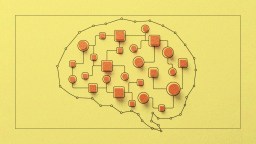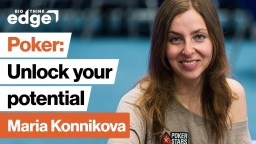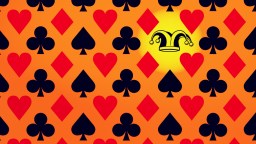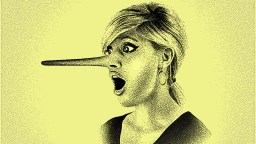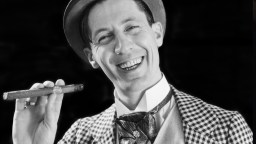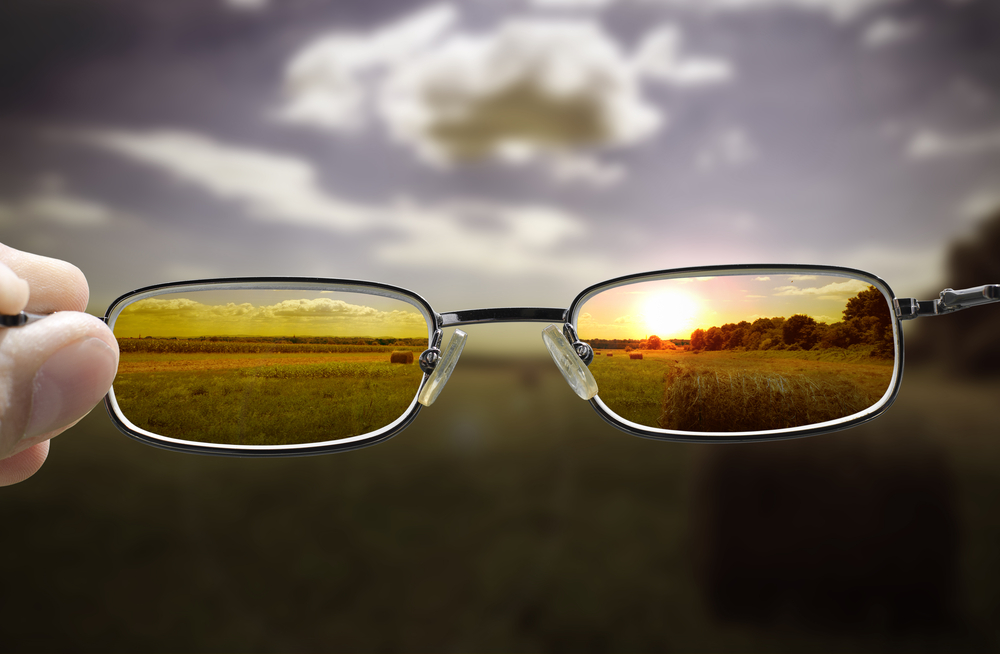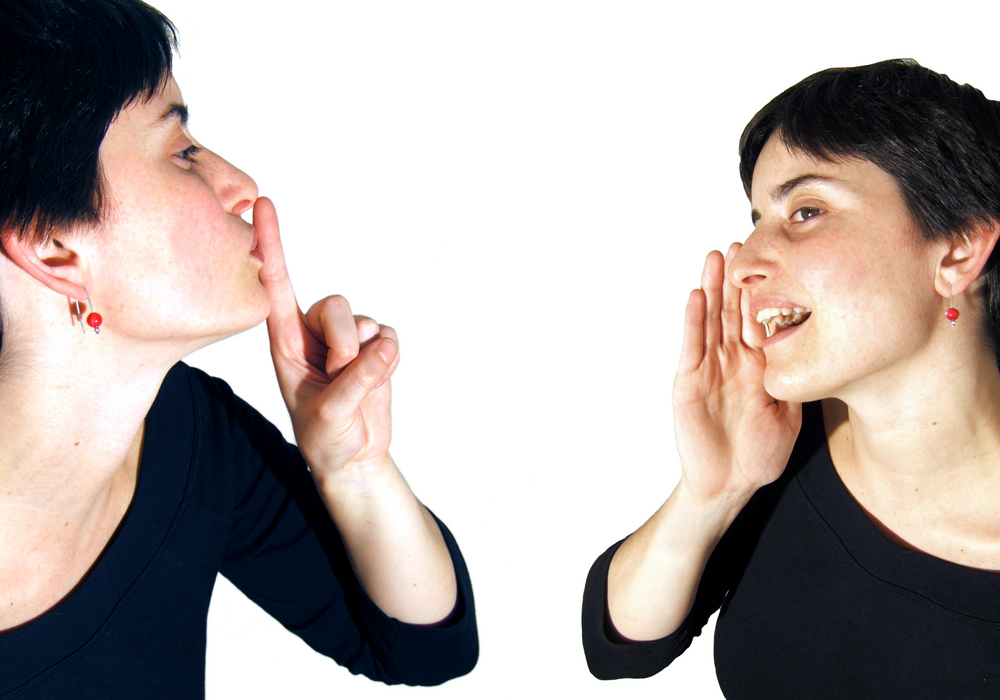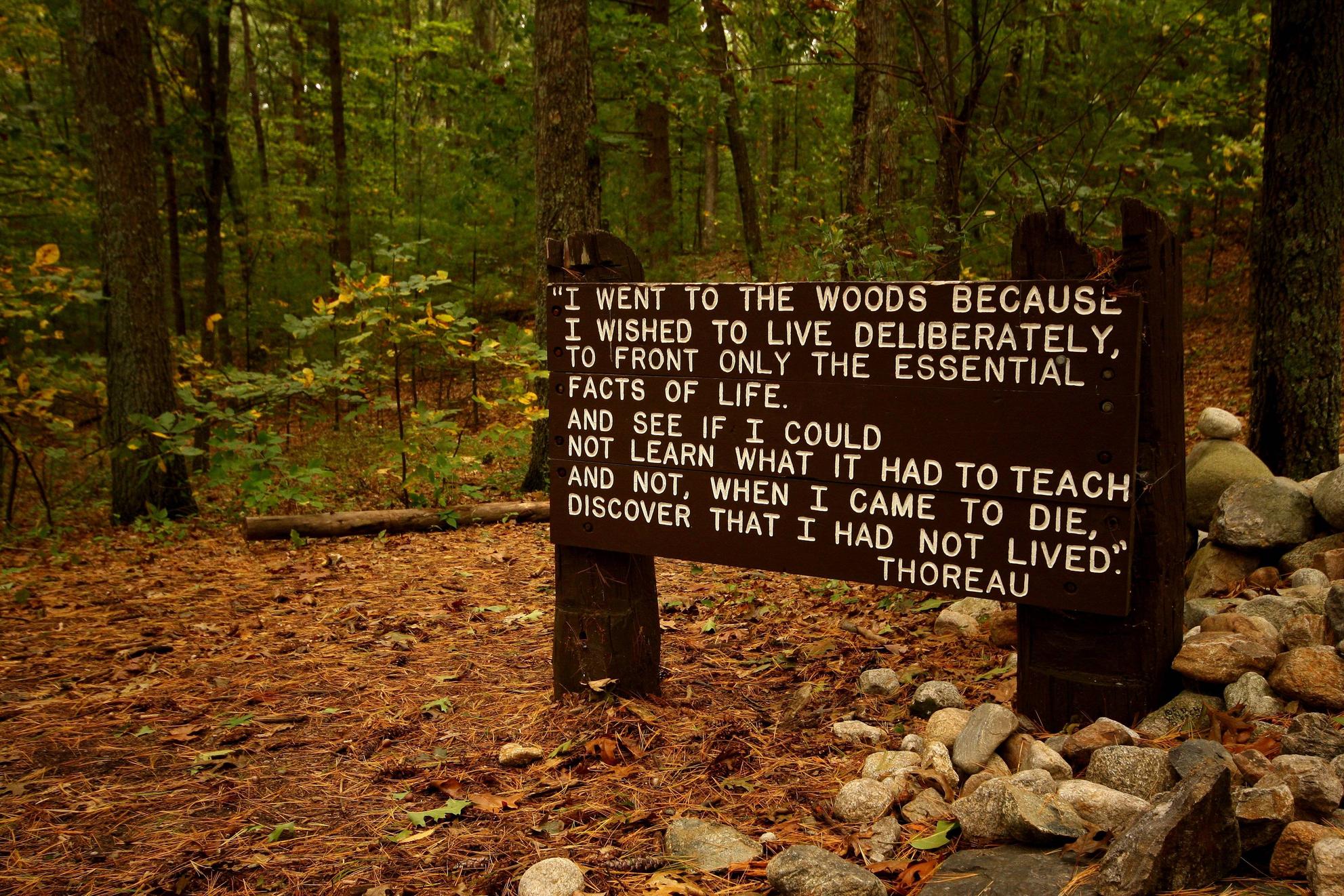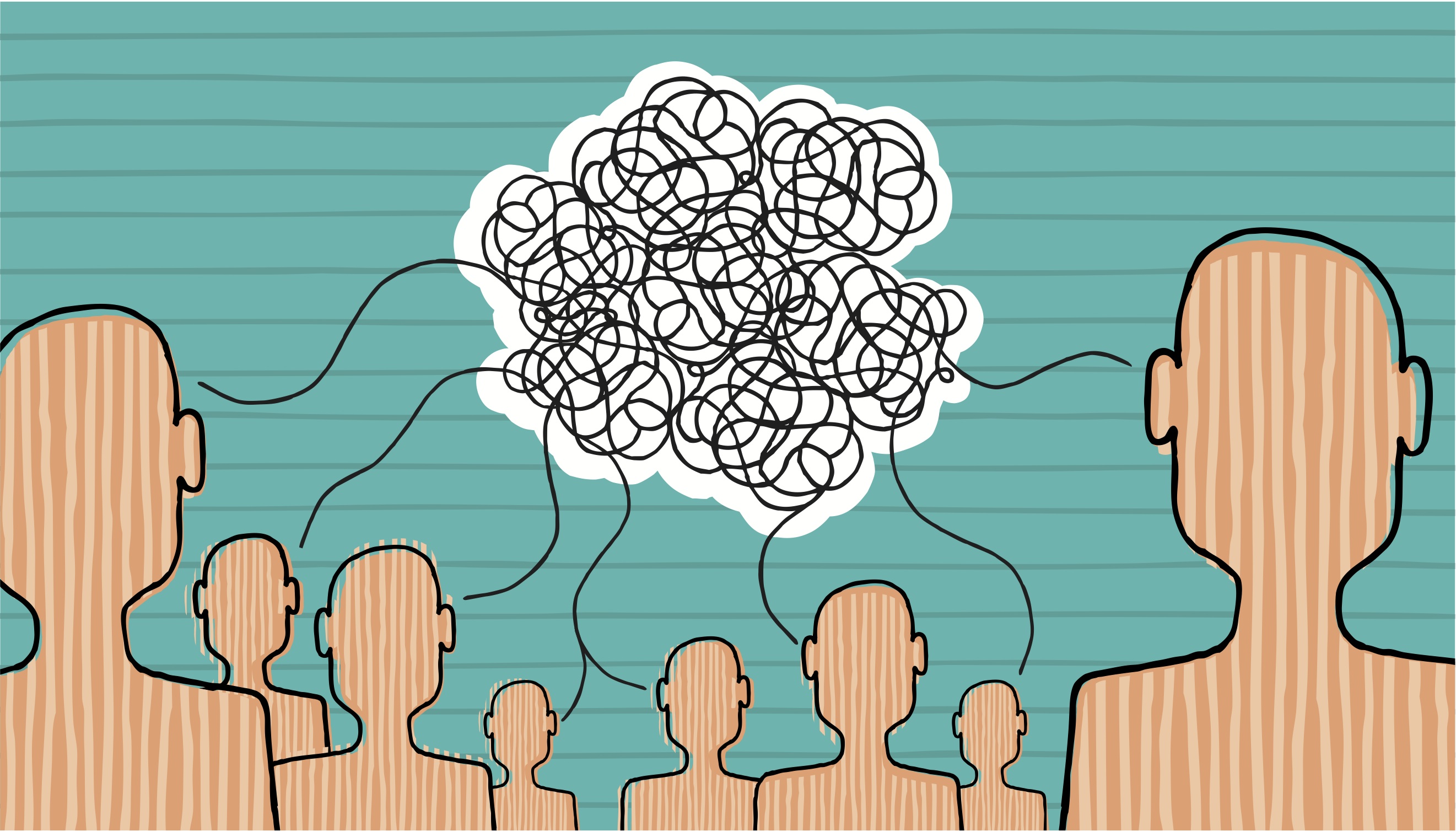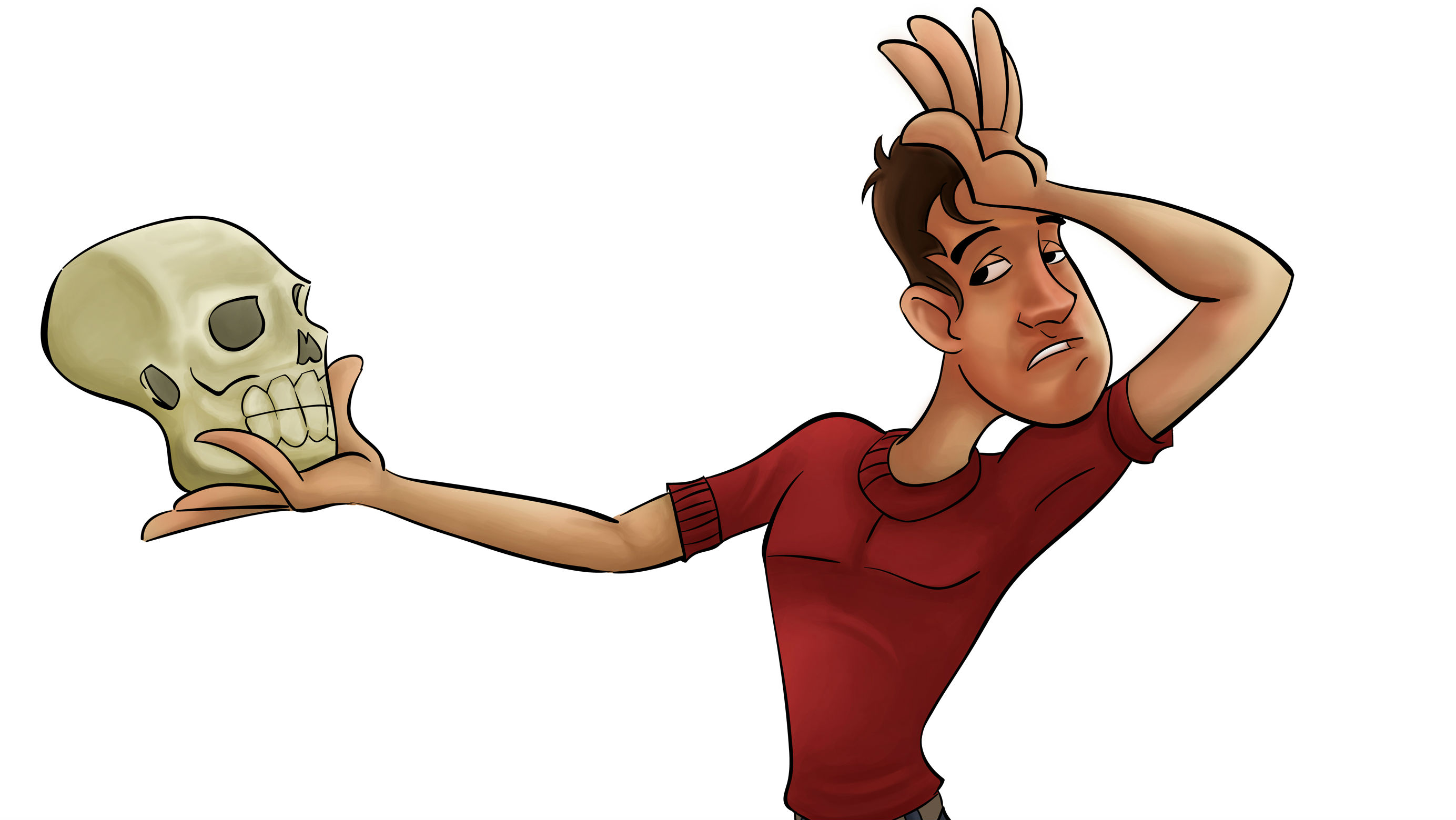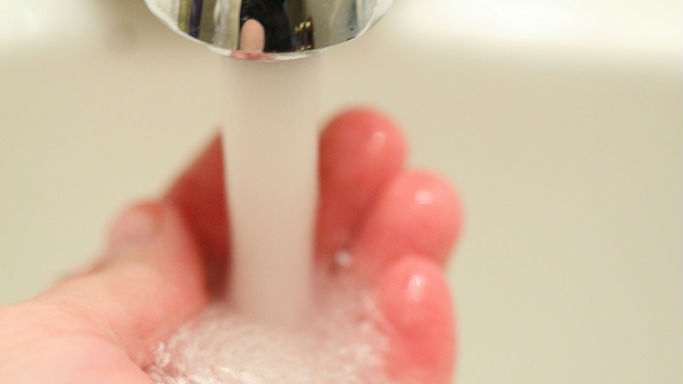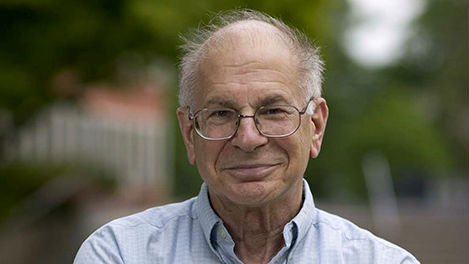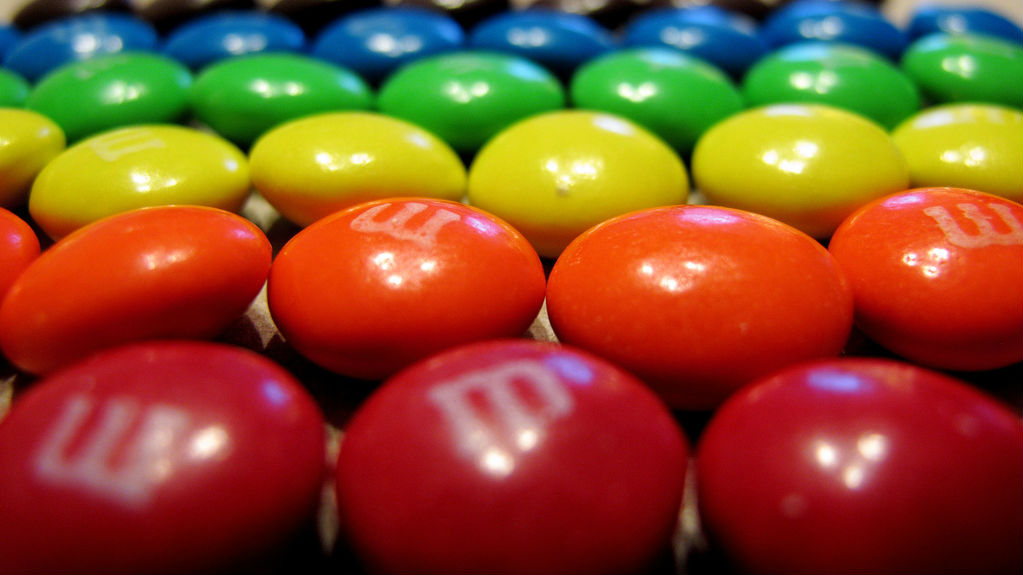Maria Konnikova
Maria Konnikova is the author of two New York Times bestsellers: The Confidence Game , winner of the 2016 Robert P. Balles Prize in Critical Thinking, and Mastermind: How to Think Like Sherlock Holmes , an Anthony and Agatha Award finalist. Her new book, The Biggest Bluff , will be out from Penguin Press on June 23, 2020. While researching The Biggest Bluff , Konnikova became an international poker champion and the winner of over $300,000 in tournament earnings—and inadvertently turned into a professional poker player. She is a regular contributing writer for The New Yorker , and her writing has been featured in Best American Science and Nature Writing and has been translated into over twenty languages. Maria also hosts the podcast The Grift from Panoply Media, a show that explores con artists and the lives they ruin, and is currently a visiting fellow at NYU's School of Journalism. She graduated from Harvard University and received her PhD in psychology from Columbia University.

